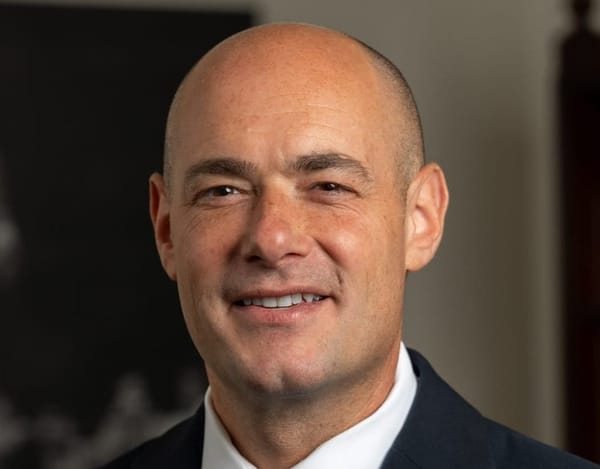FCC Grants EchoStar Request for 5G Buildout Extension
The company agreed to provide a nationwide low-cost plan and other commitments.
Jake Neenan

WASHINGTON, Sept. 23, 2024 – The Federal Communications Commission approved EchoStar’s request to extend the deadline for its 5G deployment Friday, just three days after the company asked.
The company asked for a new deadline of December 14, 2026 – originally mid-2025 – to finish deploying certain spectrum blocks in exchange for meeting national coverage milestones quicker.
That would get pushed to 2028 in exchange for certain public interest commitments. Those include a nationwide low-cost plan, coming in at $25 per month for 30 gigabytes of data, allowing small carriers and Tribal governments to lease its spectrum, and deploying more 5G towers.
The FCC hadn’t published an order as of Monday, but the Dish parent company announced it has secured approval, calling it a “significant step to promote competition in the wireless market”.
New Street Research’s Blair Levin wrote in an investor note Monday that the agency probably didn’t alter the EchoStar proposal before greenlighting it.
“The speed at which the Bureau acted suggests to us that this was pre-negotiated, meaning that the Bureau order is unlikely to make changes,” he wrote.
The company has to pay back about $2 billion in debt in November, and told the Securities and Exchange Commission Monday that it hadn't raised enough cash to do that. Levin predicted when EchoStar asked for the extension that it would be granted “with the knowledge that DISH is likely the last, best hope of a fourth facilities based mobile competitor.”
When T-Mobile acquired Sprint, Dish took over some Sprint assets in exchange for the Department of Justice approving the deal. It was supposed to set Dish up as a competitor in the increasingly consolidated wireless market, which is still dominated by Verizon, AT&T, and T-Mobile.
EchoStar is also part of the government’s effort to prop up an open RAN environment – a marketplace of generic wireless equipment and software that would allow providers to mix and match components from smaller vendors. It’s partly an effort to provide an alternative to Chinese manufacturers like Huawei and ZTE, which US lawmakers consider security threats.
In January, the company received a $50 million grant from the Commerce Department to stand up a facility where small vendors could field test equipment before entering the market.








Member discussion